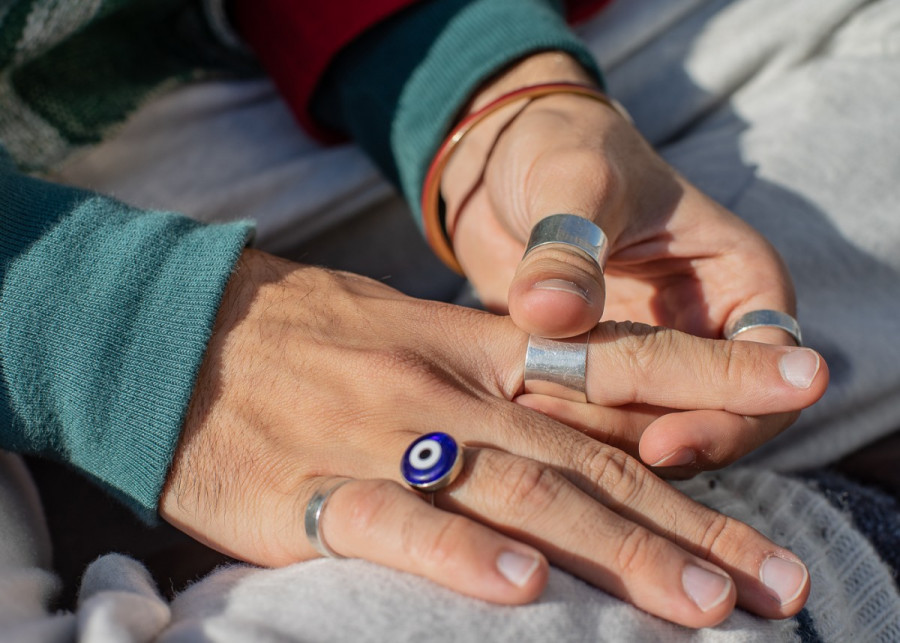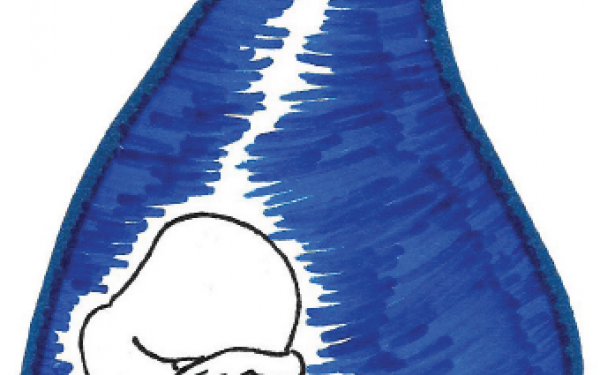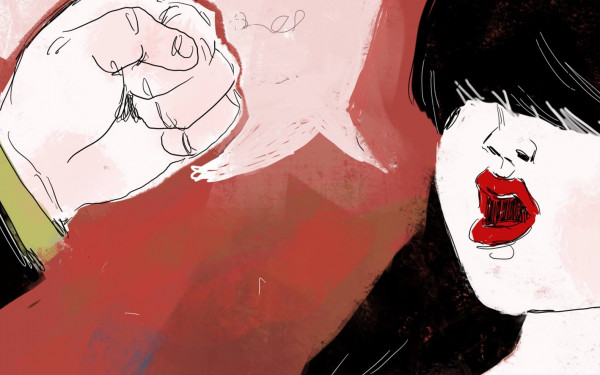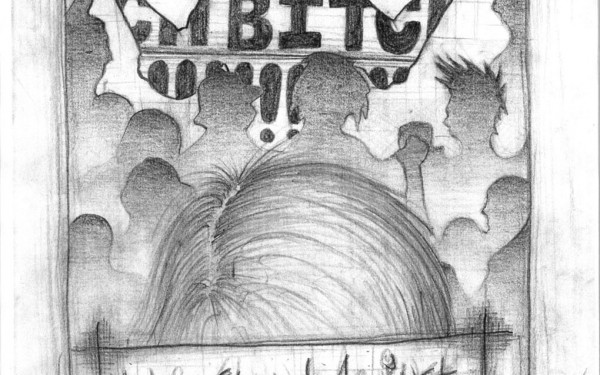Toxic Masculinity Workshop Picks Apart the Roots of Patriarchy
How Arno Pedram’s Workshops Aim to Help Men and Masculine People Discover Their Masculinity
Arno Pedram is working to smash the patriarchy one workshop at a time. As someone who identifies as non-binary, Pedram, a McGill student, first explored the idea of a workshop for men and masculine people, after shaving their own head.
As someone who identifies as non-binary, Pedram, a McGill student, first explored the idea of a workshop for men and masculine people, after shaving their own head.
“I’ve had a lot of different moments with my gender and I have been presenting more feminine for a long time,” they said. “Because of some events in my life, I was like ‘I’m going to shave my head and change,’ you know like when you’re going through a major life crisis and you decide that shaving your head is going to be like the image of your inner self changing.”
This was the first time in a while in which they presented as more masculine, inciting them to reach out to other trans and non-binary friends to discuss what it felt like to be read as more masculine after so long. Pedram has said they felt anxious during the points in time they presented more feminine, worrying people would continue to perceive them as a man. The experience of shaving their head made them increasingly certain they are not a man, making them more comfortable with people being wrong about their gender identity.
This got Pedram thinking: What are their responsibilities as a person who had been assigned male at birth and was socialized as a man? What is their responsibility as someone who has the ability to move through spaces?
“I’ve spent a lot of time where I’ve been like ‘I’m just going to get out of gender, and just do my thing,’ which is very valid and which has been central to a lot of my thinking,” said Pedram. “But then I was moving towards ‘How do we go about people that do not want to leave their gender, do not want to leave potentially an idealistic and positive conception of their gender?’”
What feeds the patriarchy is this idea of masculinity, and how Western culture tends to paint this picture of what a man should be. In much the same way that the media imposes upon women its impression of an ideal body type, society tends to impose upon men and masculine individuals a set of criteria that they should meet. Our culture equates masculinity with strength, both physically and emotionally, which can create a toxic environment by making men and boys feel like less of a man for showing signs of vulnerability or emotion.
Pedram began reading about the role of positive masculinity, which lead them to imagine a place where individuals could rethink the concept of masculinity in order to move away from the toxic masculine culture that our society is deeply entrenched in.
“All these things made me think ‘Well, yes, we want to end patriarchy, yes, a lot of the toxicity of patriarchy comes from masculinity, but maybe masculinity can be re-envisioned by several people,’ and I don’t think that there’s only one vision,” they said.
One of the things Pedram emphasized was the idea of cultural respect. They feel particularly close to the issue being Iranian, and realizing how the West imposes its conceptions of sexual liberation and gender liberation on other cultures, including the Iranian culture.
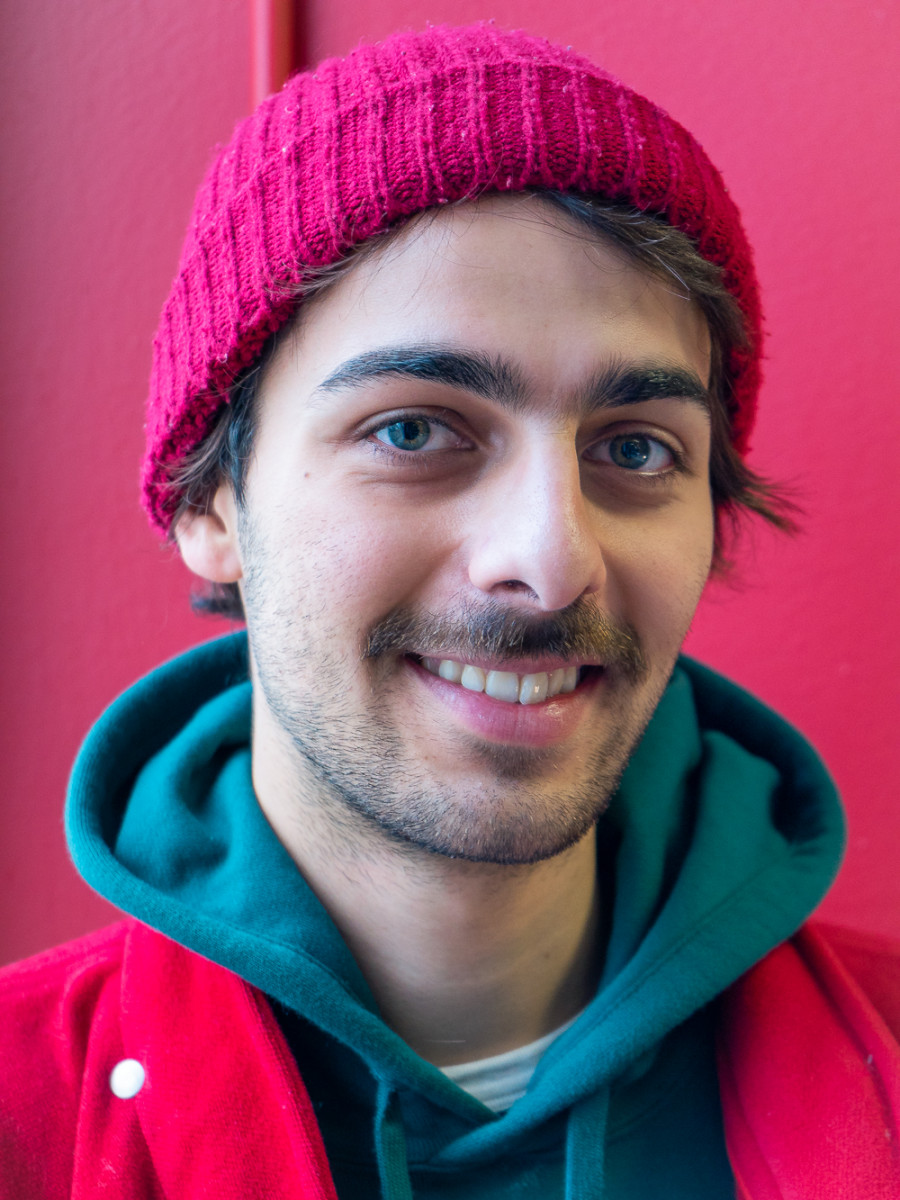
“I was thinking about that, as an Iranian person, that the term gay doesn’t have a history in Iran,” they said. “But because the internationalization of the sexual liberation as conceived by the West is growing like that—which I think is helpful and necessary in many ways—there is also a cultural loss.”
In this context, Pedram envisioned a space where a diversity of individualities would be accepted, free of imposition of a single solution to the oppressive gender concepts Western culture subscribes to. Pedram said this can be mainly inaccessible to everyone due to lack of knowledge of specific technical terms and concepts such as “gender construction” and “performance of gender.”
They felt there may be a way to add this respect for cultural diversity and individually respect self-identification in order to make things more accessible so people don’t have to make this radical departure from their gender.
“That’s how this came about, I thought ‘Well, I should actually do workshops about this,’ and so I sent out a survey,” they said.
Pedram’s survey pitched some ideas they’d been having for potential workshops, including one on #MeToo, one on men amongst men, and one surrounding emotion and vulnerability, which ended up being the main topic for their first trial workshop.
“I spent some time putting everything together during the summer and I was also doing my own readings, to just have a more holistic view of what I wanted to do,” they said. “I started them maybe a month ago.”
Pedram’s first workshop was put on for a group of four men and masculine individuals in late September, in their home. The concept behind hosting the workshops in someone’s home is to ensure an intimate and comfortable environment, given the vulnerability aspect of the workshop itself.
The structure of the workshop centres around exercises exploring the nature of masculinity and how society has conditioned men and masculine to believe that the root of masculinity is strength. A discussion period also takes place in which the participants discuss topics pertaining to the concept of masculinity and gender, and from that stems the idea of emotions and vulnerability. By the end of the workshop, participants should expect to have developed their own sense of what masculinity and gender means to them.
The content of the workshop is still in the development stages, said Pedram, as only one workshop has been hosted so far.
It was definitely a learning experience, they said. One of the main challenges they faced was the question of demographic. Pedram gathered many of their participants from a men’s group that skewed heavily white, leading the demographic of their workshop to be three quarters white, straight men. This caused some tension in the atmosphere, and some participants expressed feeling vulnerable, but as the workshop progressed a discourse was had on representation in the space.
“‘We want to end patriarchy […] a lot of the toxicity of patriarchy comes from masculinity, but maybe masculinity can be re-envisioned by several people,’ and I don’t think that there’s only one vision.”
—Arno Pedram
“The intent of the first workshop was to remain open to people who don’t identify as men but who still want to work on their masculinity,” said Pedram. “Even though I enjoy the work of working with cis-hetero men—where I think is more difficult for me, but I still think is very interesting—I hope to do more in the future closed for queer people.”
These workshops have the potential to be highly beneficial to the Montreal and McGill communities, as these are spaces associated with exploring masculinity or offering a safe space for men and masculine people to express vulnerability.
“I think this can be very beneficial in a sense that there aren’t a lot of spaces or workshops like that in which people can explore masculinity,” said Jennifer Drummond of Concordia’s Sexual Assault Resource Centre. Drummond also feels that a workshop like this would be beneficial to the Concordia community.
While Concordia and SARC do not currently have a workshop or activities with a similar goal to what Pedram is doing, Drummond recognizes a need within the community, especially given what she describes as a lack of resources on sexual violence and assault for men and masculine individuals. Given departmental restrictions, there are no plans in place just yet, but Drummond says she would like to see such a project in the future.
“The topic is definitely something that is interesting,” said Drummond. “At this point, because of capacity issues I can’t commit to any additional groups or activities other than what we need to put in place to comply with Bill 151 requirement, but it’s definitely interesting and I think there’s a need for it. I think there would be people interested in attending a workshop like this at Concordia, so it’s definitely a possibility.”
Ryan White, who attends a men’s group in Montreal—which came about in the wake of the #MeToo movement and serves as an informal safe space for men and masculine people to talk about issues they may not feel comfortable speaking about in other spaces or even with close friends—feels that sometimes men and masculine people may have a hard time opening up, which can sometimes be a scary for some people.
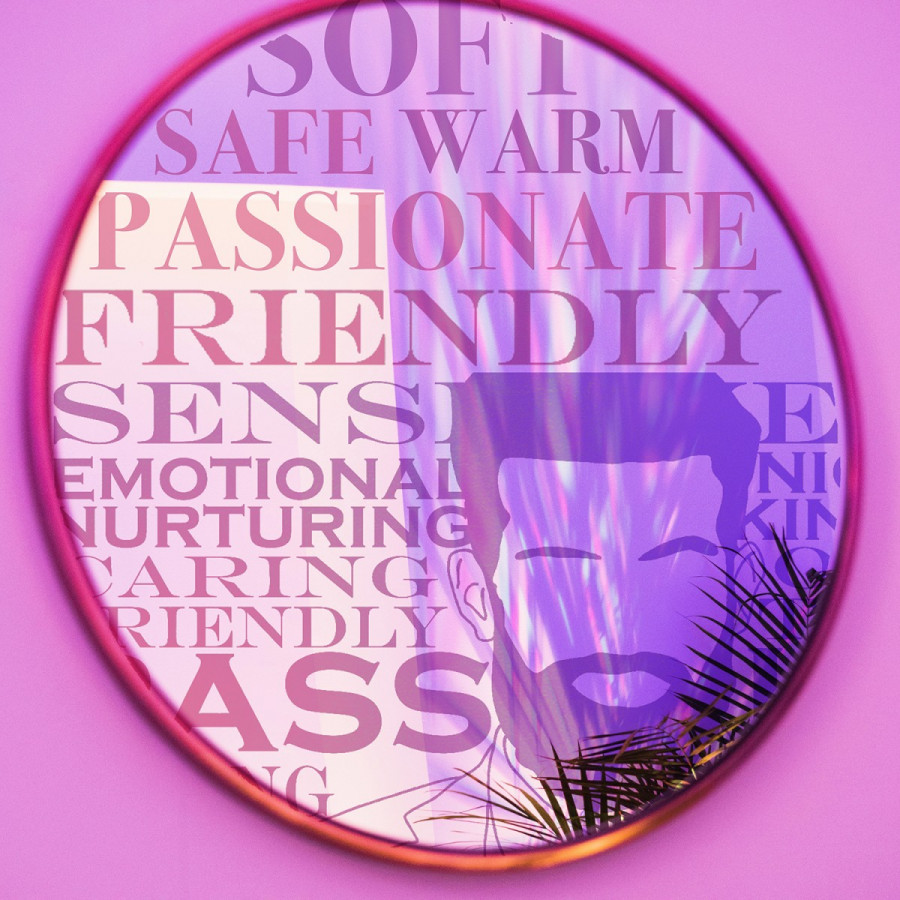
Pedram’s workshops serve much the same purpose, but with a touch more structure, allowing for exercises and a discussion period in which Pedram participates themself, taking on more of a participation role for a moment, rather than acting solely as a facilitator.
“What they’re doing is a pretty different direction from what we’re doing in our men’s group,” said White. “But, when we first started we weren’t really sure what direction we were going to go, we could kind of see two paths before us, one more resembling what we do now, and one more closely resembling [Pedram]’s workshop which is more structured and directed.”
White hopes to attend one of Pedram’s upcoming workshops, to experience firsthand the differences between these workshops and what the Montreal men’s group is doing. Some topics he would like to see explored include accountability, emotional engagement and listening skills.
“I think there’s a few taboo topics among men that everyone is kind of ashamed or embarrassed to talk about. I’m always interested in finding supportive places for those conversations to exist, conversations around sexuality and pornography for example,” White said. “I feel like most men learned about sexuality through either pornography or sexualized media and it’s not a good place to learn from because it’s not reflective of reality and it’s highly objectifying most of the time, so I think it’s always interesting when a topic like that comes up.”
Pedram agrees that there are not many resources targeted towards men and masculine people on how to work on their masculinity. Because of this they want to gear the workshops towards individuals who are interested in learning more about the patriarchy and sexism and how it affects them and those around them, without ignoring the fact that men are the main benefactors of the patriarchy.
“When I started looking at alternative conceptions of masculinity, a lot of them were completely devoid of political discussion and what role masculinity plays in the political sphere,” they said. “I really wanted to have a conversation about masculinity that’s not just ‘oh, do this better,’ no, you’re doing this in a context and you’re actually trying to transgress rules imposed on you by the patriarchy. You’re going to do all these things that are not just about you; they’re about brothers, society, and especially about the oppression of women and non-conforming folks.”
With their first trial workshop behind them and the necessary adjustments made, including in the way in which they gather participants, and their style of facilitation, Pedram hopes to have at least three more workshops before returning to France at the end of November. They then hope to continue facilitating these workshops in their community in France.
Pedram believes that the workshops will translate well in France. The question of vulnerability touches individuals across the world, and the workshop works in the sense that it does not offer one sole solution.
“It’s about everyone having space to express vulnerability, and vulnerability means different things to different people,” they said. “It might end up that the components may stay the same but the discussions will be different, or the exercises will be practiced differently. But the goal, I think, will be similarly reached in that everyone will develop their own way of thinking about vulnerability.”
Update: A previous version of “Toxic Masculinity Workshop Picks Apart the Roots of Patriarchy” provided photo captions mentioning personal information about Arno Pedram. An updated version of these photo captions has been written to omit this information.

